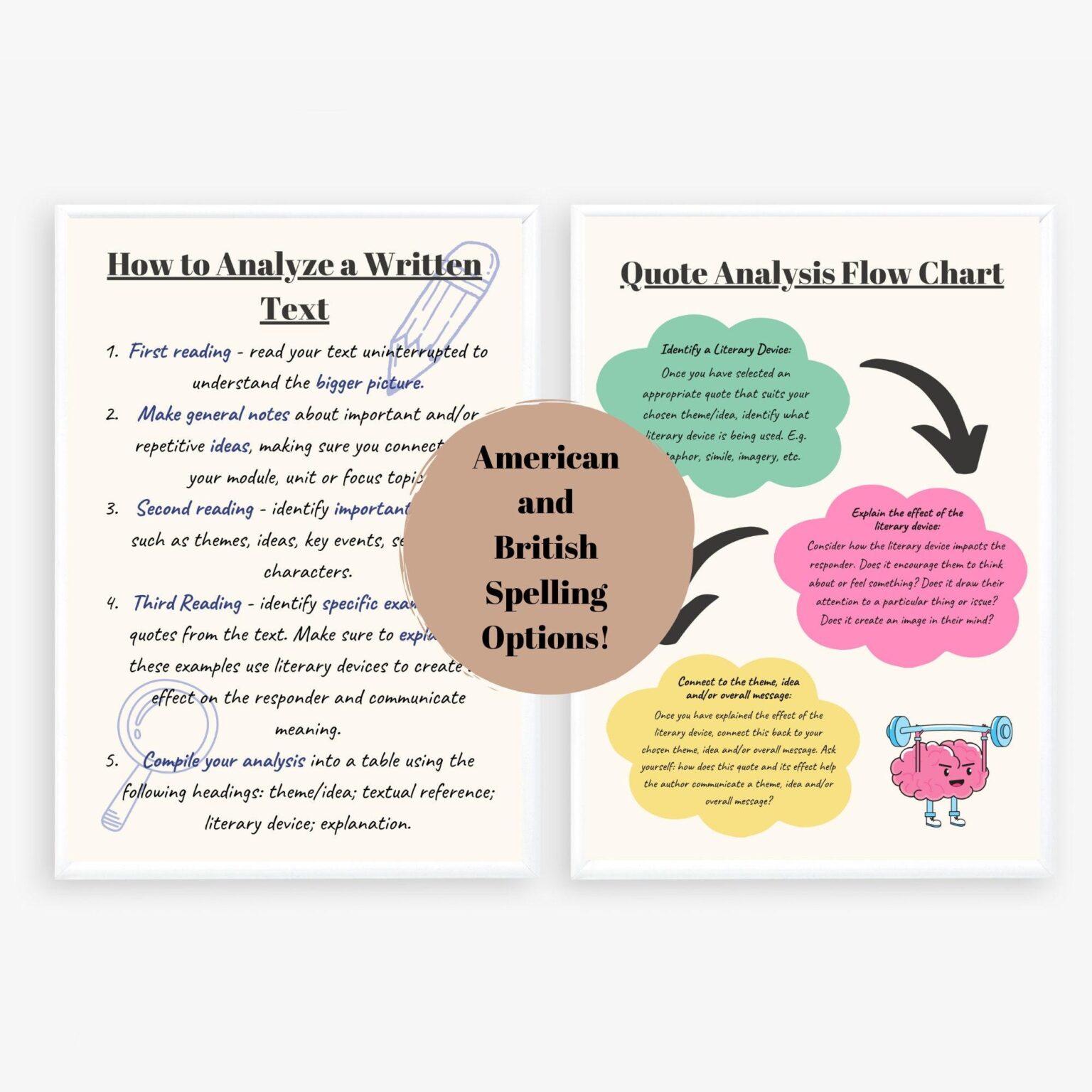Somali TikTok Creators Arrested Over Controversial Dance Video Targeting President Mohamud
In a recent incident that has ignited intense discussions about freedom of speech in Somalia, several TikTok influencers were detained in Mogadishu after sharing a dance video that satirically targeted President Hassan Sheikh Mohamud. The clip quickly gained traction across social media platforms, not only for its engaging choreography but also for its sharp political undertones. This event has brought to light the ongoing tension between artistic freedom and governmental authority in a nation still recovering from prolonged instability.
Details of the Arrests and Public Reaction
The detained content creators are accused of publicly insulting the presidency and inciting unrest through their viral video. Somali authorities argue that such content damages national unity and tarnishes the government’s image on both domestic and international stages. Conversely, advocates for free expression condemn these arrests as an infringement on creative liberties, emphasizing that satire plays a vital role in democratic societies by holding leaders accountable.
Social media users have rallied behind the TikTokers, sparking widespread debate about censorship in Somalia’s digital sphere. Many highlight how this crackdown reflects broader challenges faced by artists who attempt to voice dissent or critique political figures amid a restrictive environment marked by fragile governance structures.
Freedom of Expression Under Strain Amid Political Sensitivities
The crackdown on these TikTok creators underscores growing concerns over limitations placed on speech within Somalia’s evolving digital landscape. As social media becomes an increasingly influential platform-especially among younger generations-the government’s response signals a tightening grip on public discourse that could stifle creativity and critical engagement.
- Enhanced Monitoring: Reports indicate increased surveillance of online activities, which may infringe upon user privacy and discourage open dialogue.
- Self-Censorship Trends: Fear of legal consequences may compel creators to avoid politically sensitive topics altogether, diminishing diversity of viewpoints.
- Diminished Civic Participation: Restricting satirical or critical content risks weakening public debate essential for social progress and democratic development.
This incident exemplifies a broader pattern where state mechanisms potentially suppress dissenting voices under the guise of protecting national interests-a trend observed in several countries navigating post-conflict transitions.
Navigating Creative Freedom While Respecting Political Boundaries: Best Practices for Content Creators
For digital creators operating within politically sensitive environments like Somalia, balancing artistic expression with respect for local norms is crucial. Here are some recommended approaches to foster responsible yet impactful content creation:
- Cultural Awareness: Deepen understanding of Somalia’s historical context and current political climate to craft messages that resonate without provoking undue backlash.
- Audience Engagement: Maintain open communication channels with followers to gauge reactions toward sensitive subjects and adapt accordingly.
- Peer Collaboration: Seek advice from experienced influencers or industry mentors who can provide insights into navigating complex issues safely.
- Innovative Satire: Employ humor thoughtfully-using allegory or metaphor-to critique without crossing red lines that could trigger punitive responses.
| Preventive Strategy | Description |
|---|---|
| Content Vetting | Implement internal review processes before publishing material that touches on political themes. |
| Clear Disclaimers | Add statements clarifying intent to prevent misinterpretation or escalation. |
| User Feedback Systems | Create avenues for constructive criticism from audiences to refine future content responsibly. |
The Broader Impact on Somalia’s Digital Future
This episode involving Somali TikTokers is emblematic of wider struggles over digital rights and political expression across Africa’s emerging online communities. According to recent data from African social media reports (2024), over 60% of Somalia’s youth actively engage with platforms like TikTok, Instagram, and Facebook-making these spaces critical arenas for cultural dialogue and political participation.
The government’s approach toward regulating such platforms will significantly influence whether Somalia can cultivate an open environment conducive to innovation and democratic engagement or whether it will drift toward increased censorship reminiscent of other nations facing similar challenges.
A Call for Balanced Policy Making
A nuanced framework is needed-one that safeguards freedom of expression while addressing legitimate concerns about misinformation or destabilizing rhetoric. Encouraging transparent legal standards alongside educational initiatives about responsible digital citizenship can empower creators without compromising societal harmony.
Final Thoughts: Charting a Path Forward
The detention of Somali TikTok influencers over their politically charged dance video serves as a pivotal moment highlighting tensions between creative autonomy and political sensitivities within Somalia’s rapidly evolving media landscape. As youth-led digital activism continues to grow across East Africa, fostering an environment where diverse voices can be heard safely is paramount for sustainable peace and democratic resilience.
This case will undoubtedly be closely monitored by human rights organizations, policymakers, and social media stakeholders alike-offering valuable lessons on managing freedom of speech in fragile states transitioning toward stability amidst complex socio-political realities.

